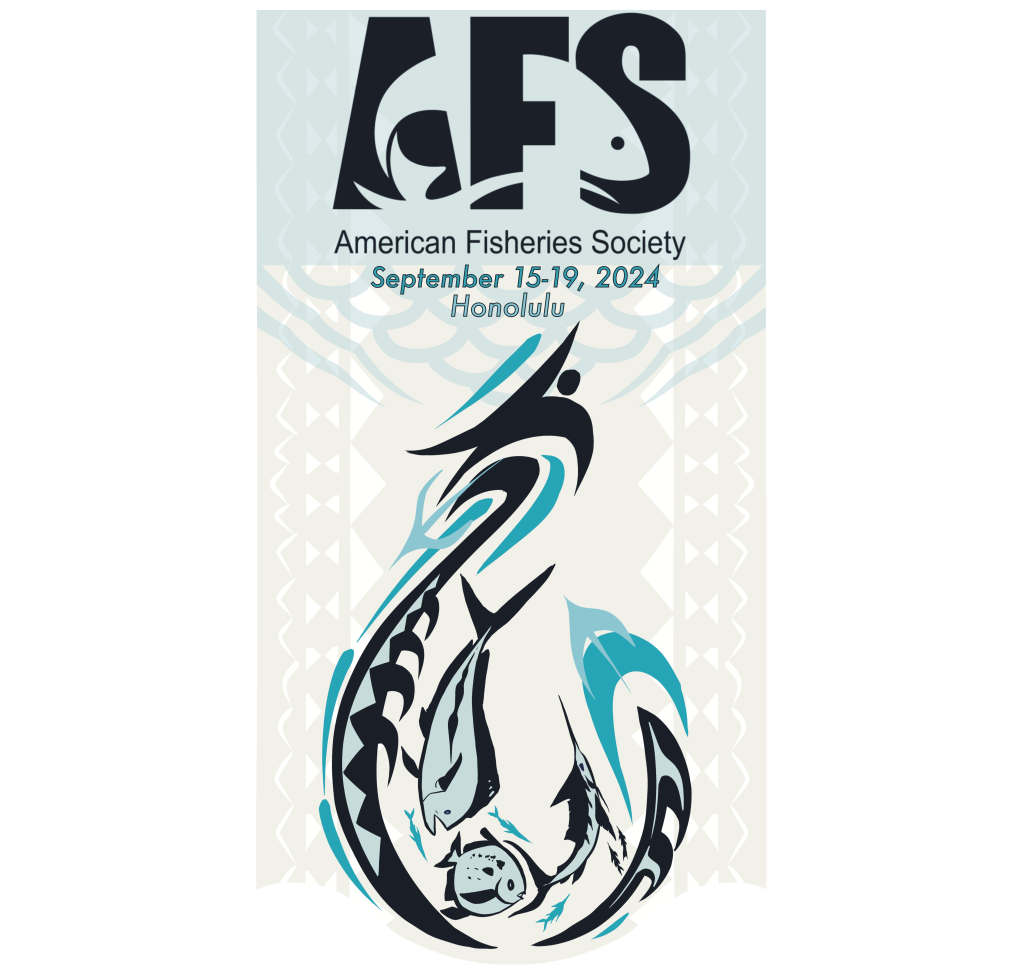Globally, Indigenous communities, including Kanaka ʻŌiwi (Native Hawaiians), have practiced sustainable stewardship in their territories, exemplified by successful, high-yield fisheries predating European contact. Employing culturally informed stewardship practices, Indigenous Peoples developed deep, place-based ecological knowledge that is crucial for flourishing aquatic ecosystems. Despite the effectiveness of this stewardship, assimilative and colonial policies disrupted these practices. This session at AFS aims to amplify Indigenous voices, focusing on programming that highlights how Indigenous knowledge (IK) can enable the restoration, maintenance, or enhancement of aquatic ecosystems. Contributions will share best stewardship practices, successful outcomes, and lessons learned, aligning with the conference theme of “Conserving Fishes and Fishing Traditions through Knowledge Co-Production.” By centering and celebrating Indigenous fisheries stewardship, the session contributes to the global recognition of the vital role Indigenous Peoples play in sustainable ecosystem stewardship.
Organizer: Sara Cannon, University of British Columbia, [email protected]
Co-organizers: Cecil Jennings, Shivonne Nesbit, Alexander Duncan, Nakoa Goo, Lian Guo, Jory Jonas, Kawika Winter, McLean Worsham
Supported by: AFS, International Fisheries Section of AFS, University of British Centre for Indigenous Fisheries, NOAA Fisheries, California Sea Grant, Michigan Department of Natural Resources, University of Hawai‘i at Mānoa, Hawai‘i Institute of Marine Biology
